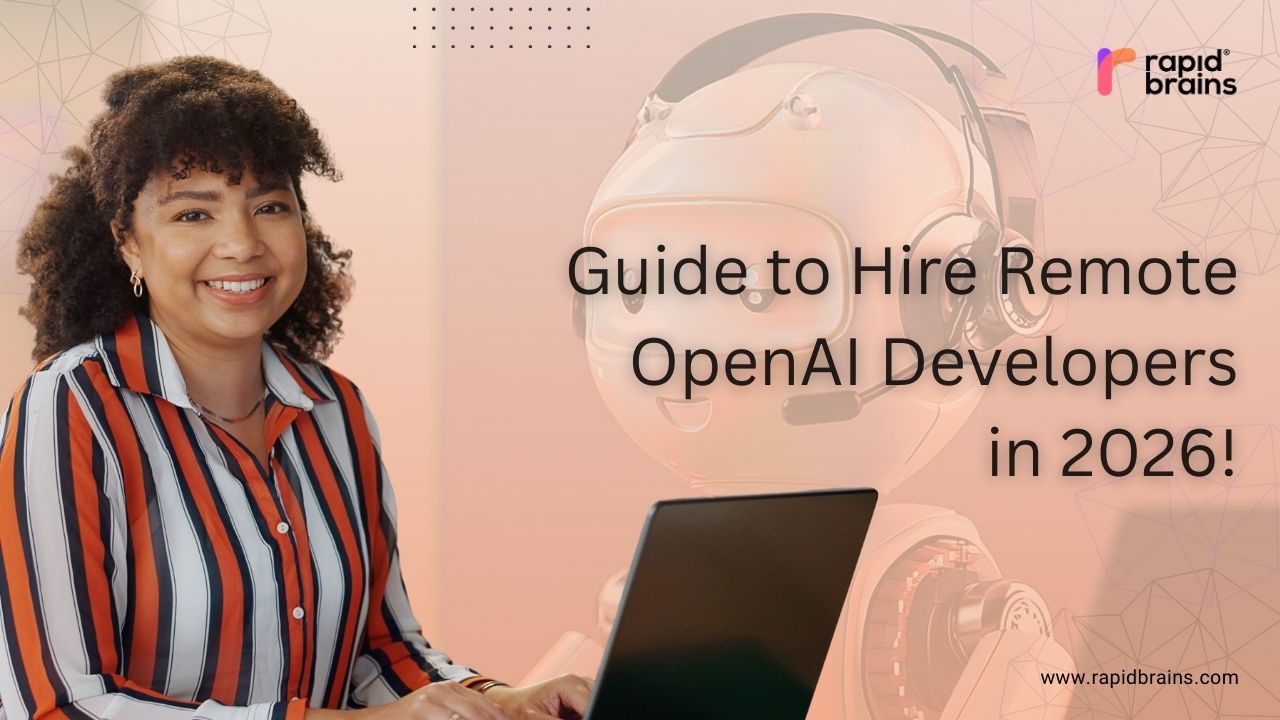
In today’s digital hiring landscape, virtual job interview practices have become a cornerstone of talent acquisition. Organisations are no longer limited by geography, making it essential to refine remote interviewing best practices to identify top candidates effectively. With the right approach, hiring managers can ensure fair evaluations, structured processes, and meaningful candidate experiences.
Why Virtual Interviews Are Essential?
The virtual job interview is more than a convenient alternative-it’s a gateway to tapping into global tech talent. Whether you are scaling teams quickly or building long-term partnerships, mastering virtual interview questions helps you identify candidates who bring both skill and cultural alignment.
To explore structured interview frameworks, check out our guide on interviewing remote developers.
Remote Interviewing Best Practices
Conducting a smooth and effective virtual job interview requires consistency. Here are some widely adopted remote interviewing best practices:
1. Pre-test technology
Testing your technology beforehand is one of the most important remote interviewing best practices. Test the platform, video, audio, and internet connection. A speedy test run prevents interruptions and provides a professional experience for candidate and interviewer alike
2. Create a distraction-free space
A professional and serene environment is essential to a successful virtual job interview. Proper lighting, less background noise, and an uncluttered room maintain concentration and leave a good impression. The setting for a smooth and professional interaction is established.
3. Utilise systematic virtual job interview questions
Offer concise advance details, including the link to the meeting, interview length, and interviewers’ names. Making preparation tips and the interview structure available helps candidates prepare confidently and feel at ease—one of the top online interview tips for enhancing interaction and decreasing anxiety.
4. Utilise systematic virtual job interview questions
Standardised virtual interview questions reduce bias and maintain fairness. Through the same questions for the same types of positions, hiring managers can make objective judgments while concentrating on skills and traits that are most important for the role.
5. Leave room for candidate questions
A virtual job interview must be a two-way conversation. Invite the candidates to ask questions regarding the position, the team, or company culture. This creates trust and makes candidates feel you respect transparency and open communication.
6. Emphasise technical and soft skills
Successful remote interviewing best practices include more than technical assessments. Virtual interviews must also evaluate soft competencies such as communication, flexibility, and teamwork to determine whether the candidate can succeed in remote or hybrid workspaces.
Through the integration of these online interview tips and organised steps, companies can develop a fluid and respectful recruitment process.
Virtual Job Interview: Tips for Better Outcomes
Even the most skilled candidates can feel nervous during a virtual job interview. Here’s where thoughtful online interview tips come in handy. For interviewers, maintaining eye contact, practising active listening, and using encouraging body language make a big difference.
In fact, companies that focus on building meaningful interactions-rather than treating virtual interviews as a formality, tend to identify stronger long-term fits. This aligns closely with strategies outlined in the effective management of global remote talent, where clear communication and engagement are highlighted as cornerstones of remote success.
Asking the Right Virtual Interview Questions
The strength of your hiring process depends on the quality of your virtual interview questions. Instead of relying only on technical assessments, recruiters should ask behavioural and situational questions to understand how candidates react in real-world scenarios. For example:
- “How do you handle collaboration across different time zones?”
- “Tell me about a time when you solved a problem in a completely remote setup.
- “How do you manage productivity while working independently?”
These types of virtual interview questions go beyond hard skills and reveal adaptability, communication style, and problem-solving approaches crucial for remote work environments. When paired with online interview tips, such questions make interviews both insightful and comfortable for candidates.
The Future of Virtual Hiring
The rapid adoption of remote-first strategies means the virtual job interview is here to stay. According to trends in the future of tech recruitment 2025, businesses that refine their interviewing process with remote interviewing best practices and meaningful virtual interview questions will continue to lead. Virtual hiring allows organisations to build diverse, global teams without geographic barriers, giving them a competitive advantage in a fast-paced digital economy.
Conclusion
A successful virtual job interview is not about simply connecting over a video call. It’s about preparation, structure, and engagement. By following remote interviewing best practices, applying thoughtful online interview tips, and crafting strong virtual interview questions, companies can accurately assess candidates and build stronger teams.
At RapidBrains, we specialise in helping organisations unlock the potential of global talent. Every interview is more than a hiring step—it’s a chance to build a future-ready workforce. With the right approach, spotting top talent becomes not just possible, but seamless.




